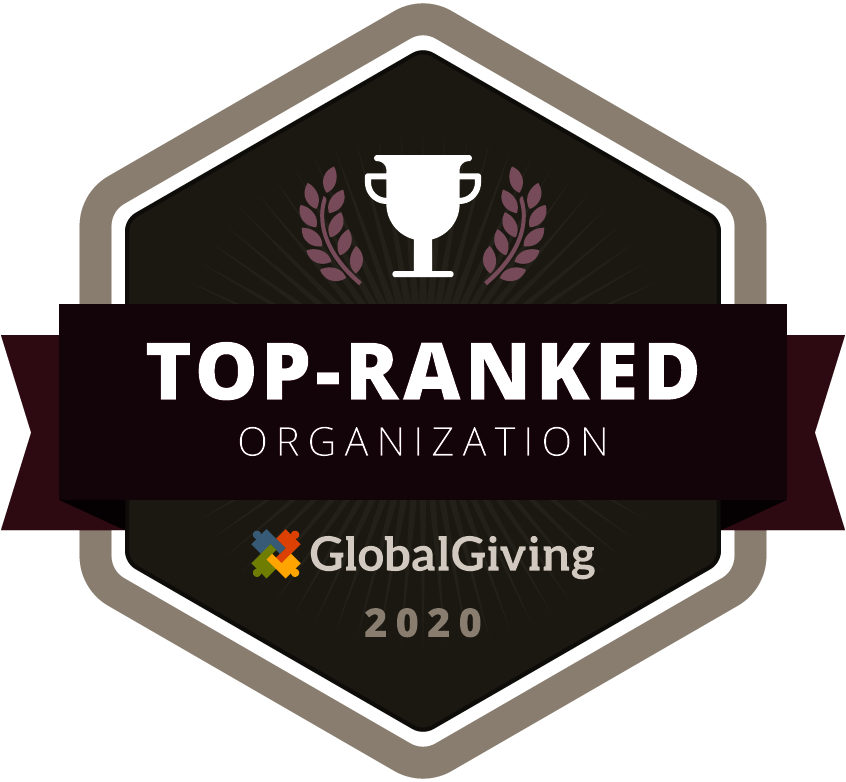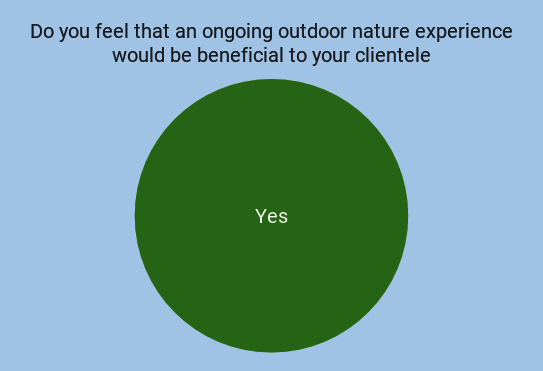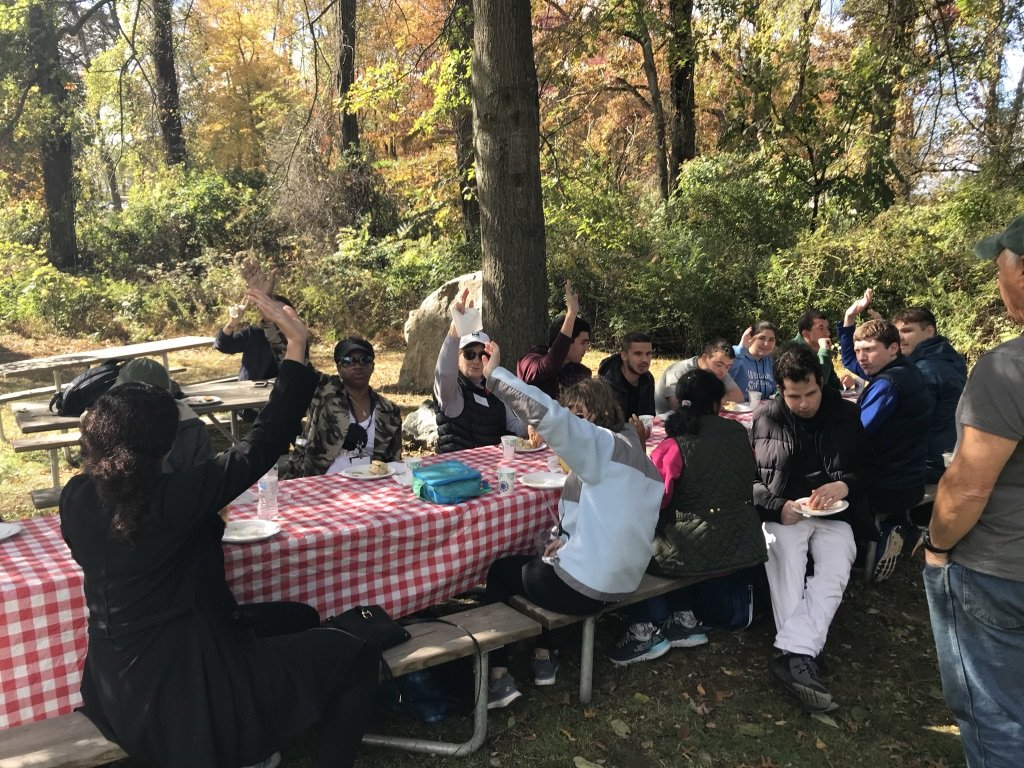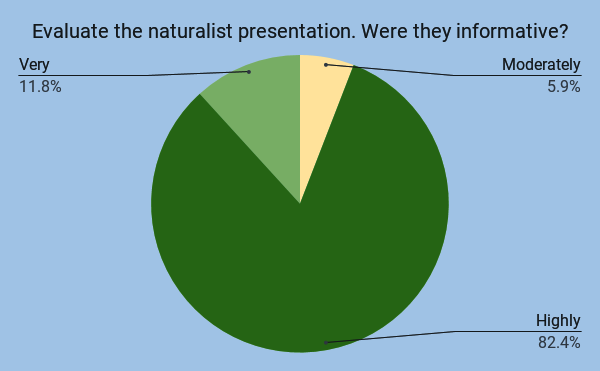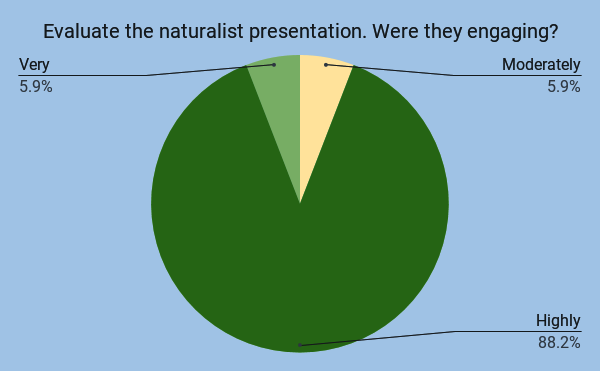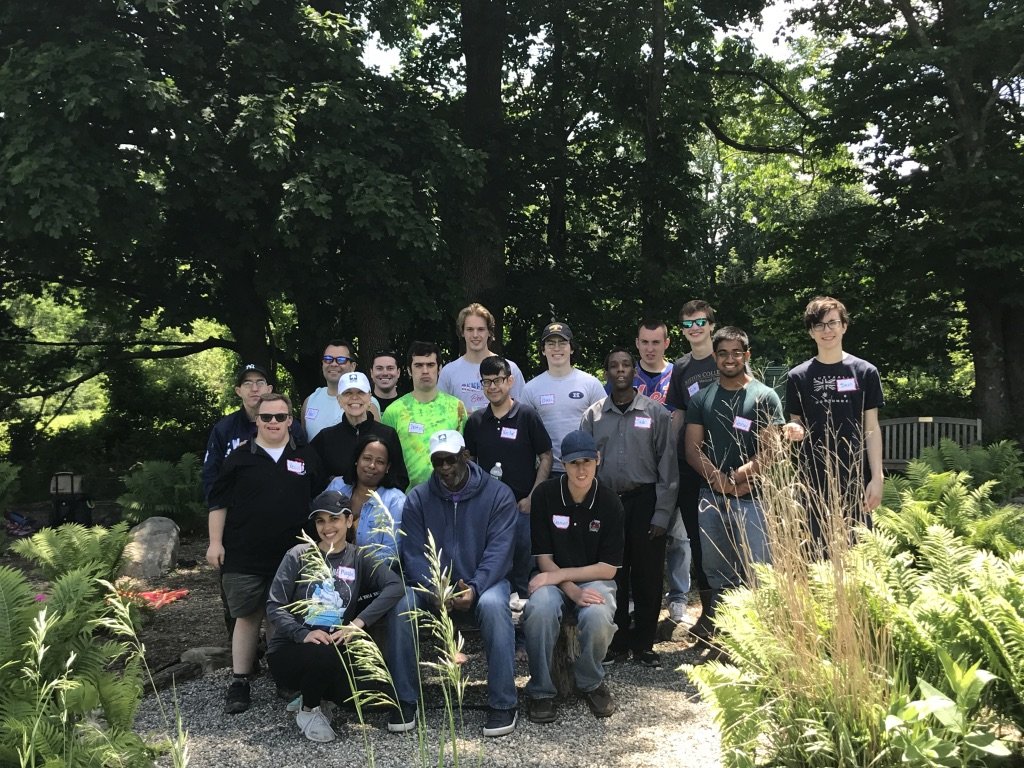Project Report
| Jan 31, 2020
Connecting People with Disabilities to Nature- Three Simple Ways
![]()
What are three extra special elements of the Access Nature program that make it work? I have been active in various environmental education settings for the past 20 years. My colleagues and I have always searched for ways to be more inclusive, and more effective. We often ask, what prevents a diversity of people from receiving the amazing benefits of time spent in nature? In the Access Nature program our focus is helping to broaden access to include people with disabilities and the disadvantaged. In the past year, by working with the Lewisboro Land Trust Access Nature program I have learned these three simple and effective means to link more people in our community to the land.
TIP #1: Include a Follow up Questionnaire
After an Access Nature program, when leaders have had a few days to reflect on the experience, we send photographs and a follow up questionnaire to our partner organizations. We remind them to “please answer honestly, so we can continue to improve.” For example, we ask them to notice the effect of the nature program on clients' well-being, socialization, and mood. According to their organization leaders, an outstanding 53% of clients served seemed "a lot more relaxed," after an Access Nature program, with an additional 30% seeming "a great deal more relaxed." Wow. It's no wonder when we asked "Do you feel that an ongoing outdoor nature experience would be beneficial to your clientele?" 100% answered "Yes"!
The enthusiastic responses are a remarkable incentive to continue our work, and could just as well be our answer to the question: "Do my donations make a difference?" 100 % YES!
TIP #2 : Include refreshments at the end of a nature program
Without question, food matters! We remind ourselves there is a picnic when we’re challenging ourselves to walk up the last hill, feeling out of our comfort zones, or overcoming our fear of trying something new.
This is a good time to question everyone at the end of every program about what they enjoyed, and how they are feeling. Bonnie's favorite question to ask of everyone: “Raise your hand If you had a better day today, are more relaxed, or feel happier” Almost all hands go up!
 TIP # 3 Allow time to hear questions before and during a program
TIP # 3 Allow time to hear questions before and during a program
Our naturalists are chosen because they are excellent listeners. They listen to the nature around them, they learn and share scientific facts, and they listen to participants. We ensure a pace in our nature programs that will allow and welcome all questions with care and respect.
Our questionnaire confirms overwhelmingly that a naturalists’ kind attention makes them both highly informative and highly engaging, opening people up to learn about nature and enjoy its benefits. 94.2% found our naturalists highly or very informative! And, 94.1% found our naturalists highly or very engaging!
And, 94.1% found our naturalists highly or very engaging! 
Working with people with disabilities and disadvantages, staff from our partner organizations, and our excellent volunteers and high school interns has been incredibly informative and fulfilling. We are learning about anxieties and challenges that may stop people from participating or visiting natural spaces on their own. People may have concerns about wildlife, trail hazards, or the stamina needed to enter a trail. Opening with these conversations creates a welcoming atmosphere and builds trust and self-reliance to enjoy nature on their own.
Please enjoy the impact your donation has made in our new 2019 Video
Thank you for your support!
Deanna Novak
Access Nature Coordinator ![100% Yes, Outdoor Nature Programs are Beneficial]()
100% Yes, Outdoor Nature Programs are Beneficial
![Almost all the hands go up!]()
Almost all the hands go up!
![Was the naturalist informative?]()
Was the naturalist informative?
![Was the naturalist engaging?]()
Was the naturalist engaging?
![Thank you for your support!]()
Thank you for your support!
Links:
![Share on Twitter]()
![Share on Facebook]()





